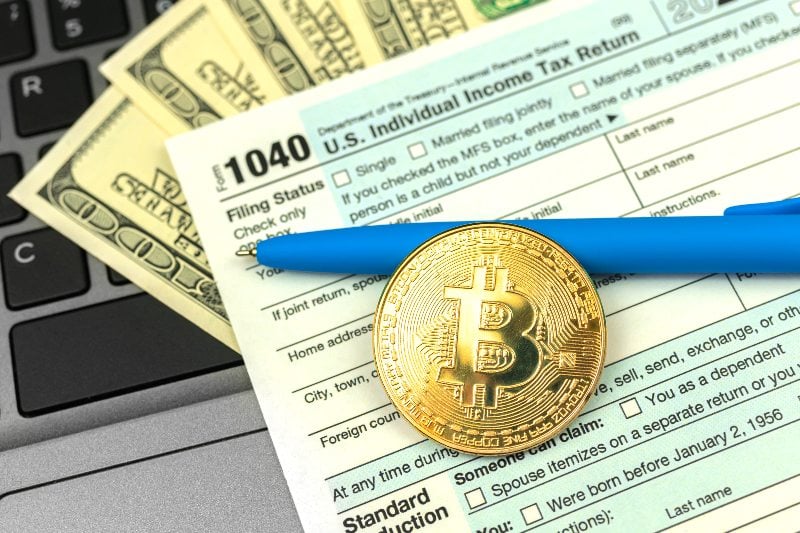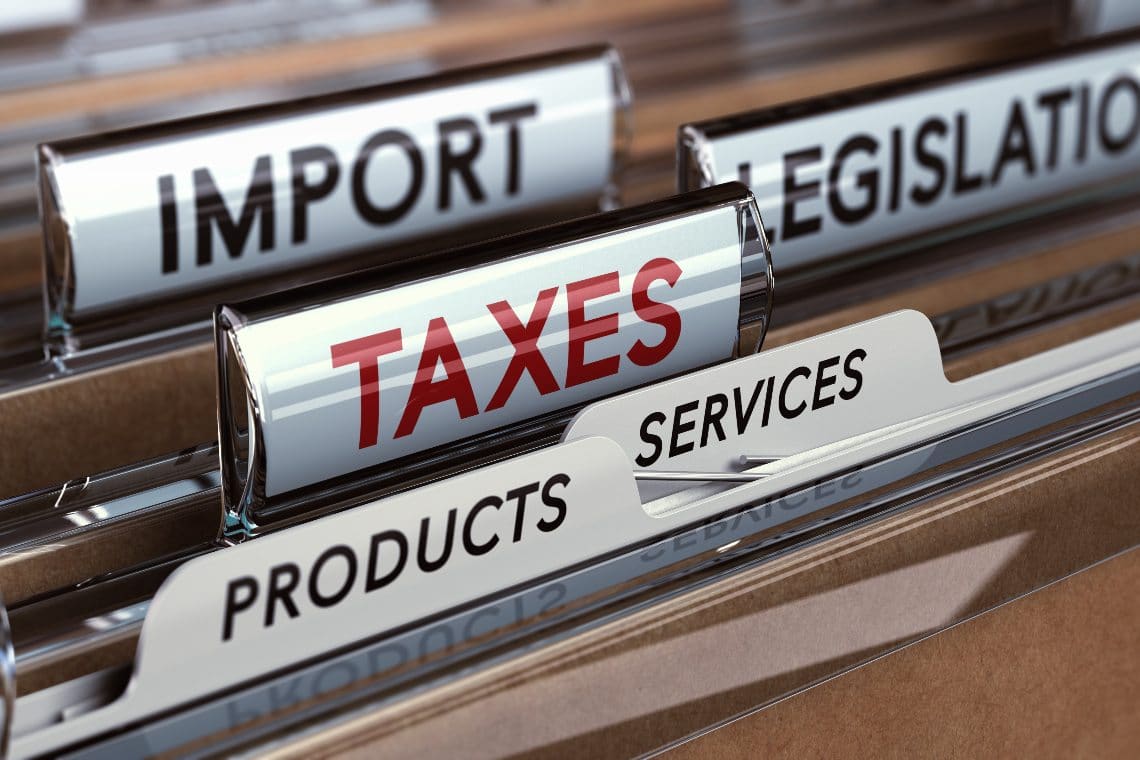The Infrastructure Bill will force crypto service providers to report user data to the IRS so they can pay taxes. But with only a few weeks to go before it is passed, the loopholes in the measure are emerging and it risks creating serious problems for users, exchanges and others.
Summary
How crypto taxes are calculated in the Infrastructure Bill
Forbes explains in detail what is wrong with the Infrastructure Bill, step by step.
The first level of confusion lies in the definition of brokers that apply the measure, which goes far beyond actual crypto exchanges. And in a decentralized world, it’s not easy to come up with a definition of which individual or entity settles the transaction.
But the real problems come in the form of broker compliance.
Brokers are required to fill out Form 1099-Bs. This is a form in which an exchange reports that user X bought a cryptocurrency at one price and sold it at another. Taxes are then applied on the capital gain.
But there are several sets of problems.

The problems with the bill
Normally it could work like this. Imagine that a user buys a Tesla stock on Robinhood at $500 and then sells it for $1,200. Robinhood would have to fill out a form telling the IRS about the transactions and give the user the form to help him calculate taxes on his capital gain.
But this cannot work in the crypto world for several reasons. The first is that people who buy a cryptocurrency on an exchange don’t always sell it on the same exchange. Let’s say a user buys 1 ETH for $4,000 on Coinbase. That coin can stay on Coinbase, or it can be withdrawn and moved to a private wallet, it can be reinvested in something else (perhaps buying NFTs), and finally, it can be sold on another exchange, Kraken for example, when perhaps ETH has reached a price of $6,000.
But Kraken is not required to know how much that ETH was bought and sold for on its platform. So it would not be possible to fill in the form required by the bill.
Then there is another problem. Kraken and Coinbase are centralized exchanges that require users to undergo KYC.
But how can decentralized exchanges do this? Uniswap for example does not know the identity of its users.
To remedy this, it will probably be necessary to use third-party software, putting users’ privacy at risk.
The solution
The user who wants to be tax compliant will probably only have to use one exchange, possibly a centralized one.
The new rule will come into effect in the 2023 tax year, and will therefore affect taxes due in 2024.
The hope of users is that by this date there may be changes that make the Infrastructure Bill more sustainable.
There are already proposals for legislation in this regard. The goal of the proponents is to ensure that the US does not stifle the crypto sector in the name of taxes and does not lose its leadership in innovation and security.



